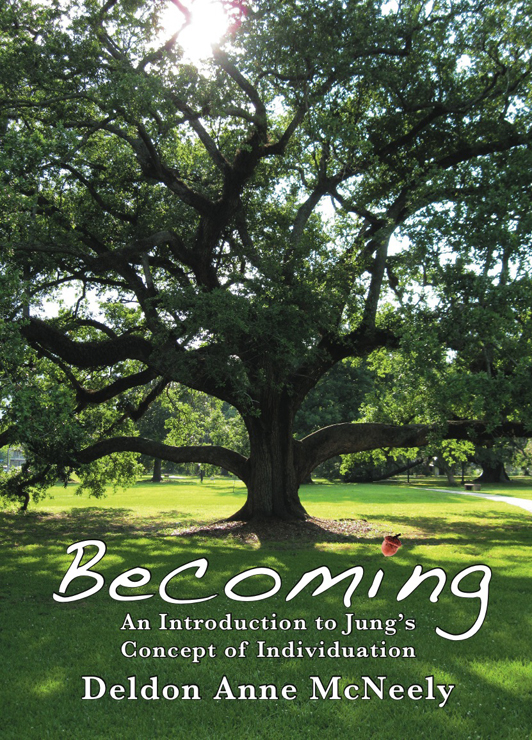Are we “Jungians” a cult? With all the publicity these days around Jung’s private journals (The Red Book) being published, the movie “A Dangerous Method” being produced, a lot of gossip about Jung’s relationships with women being tossed about, and an ongoing question about Jung’s mental health being debated online among scholars, one could say that we do have an extraordinary curiosity about the man that seems cultish; that is, that we are preoccupied with this figure as a private individual to be revered and/or emulated, and whose work somehow must be judged by his character strengths or faults.
To some extent this satisfies a current fad, this prying into the privacy of public figures, which can be seen either as prurient – a kind of mental masturbation, or as a healthy quest for transparency. The details of Kennedy’s womanizing, the attention to the marital and extra-marital lives of the French and other foreign statesmen, the dissection of Einstein’s, Eleanor Roosevelt’s, or (insert your favorite here)’s sex life, suddenly emerges after years of public indifference, so it should not surprise us that Jung’s private life is subjected to the microscope of curiosity.
To the extent that we feel a need to protect Jung’s reputation as our “leader” we can be accused of identifying to an unhealthy or cultish degree that obscures our unbiased acceptance of fact. But this is complicated by a situation in which those who would discredit all of psychoanalysis, who deny validity to an interest in studying unconscious motivation and its relationship to spiritual seeking, will use Jung’s character flaws – real or manufactured - to hang their criticisms on. It is tempting to answer those critics on behalf of our dedication to what we see as our valid psychic truth, Jung or no Jung.
It is also tempting to defend the privileging of imagination, a factor in creativity, as a healthy human trait, and not an example of psychosis, Jung or no Jung. If I say that I believe it is reasonable to explore fantasy and non-rational thought, and to suffer emotional distress, without losing touch with reality, must I be accused of trying to defend Jung’s sanity?
Jung's most even-handed biographer, Bair, found the contradictory reports about Jung, based on hearsay and innuendo, to be extreme and remarkable. He was surely not mealy-mouthed and conciliatory, but fully “out there”, to be admired or despised. As the examination of Jung's personality goes on, I keep in mind that at a time when sexual liberty was veiled, but always present in adventurous men and women, when marital fidelity was idealized but not kept sacred by many, when women were not allowed to vote or encouraged to be well educated, the concept of Anima and Animus was an effort to equal the playing field, to acknowledge the intellect of women, the vulnerability of men, and the place of sexual identity and physical intimacy for both genders in the individuation process.
Jung did not create, but he did amplify, the understanding that our clumsy, human attempts at “coniunctio” through sexual and emotional union with another, are aimed at an ultimate union with a transpersonal Other. Grappling with Anima and Animus projections is the process through which we come to resolution of this universal longing.
We can look at Jung through one lens and focus on his inconsistencies and possible character flaws. "A Dangerous Method" opportunistically skirts around this view (pun in cheek).
Or we can look through another lens and focus on a man of integrity who struggled with ambition, a heavy father-complex, transference and countertransference problems as a pioneer in that area, philosophical and moral questions, and with power and charisma that he enjoyed and attracted in both men and women. He made conscious his confrontations with those aspects and attempted to impart to others a way of unveiling the unconscious.
In either case, the insights that he gained from observing the psyche - in both men and women, and especially in his attempts to analyze himself, were inspired. Insights must be tried out, lived through, reflected upon, enjoyed or regretted, but embodied, not just considered cerebrally, to become alchemically processed if they are to contribute to the store of wisdom. Jung’s insights evolved to become the collection of work that far surpasses the mere man.
This article was originally published in The C. G. Jung Society of New Orleans Fall 2012 Newsletter and was published to the Fisher King Review by permission from Deldon Anne McNeely.
Fisher King Press publishes an eclectic mix of worthy books includingJungian Psychological Perspectives, Cutting-Edge Fiction, Poetry,and a growing list of alternative titles.

